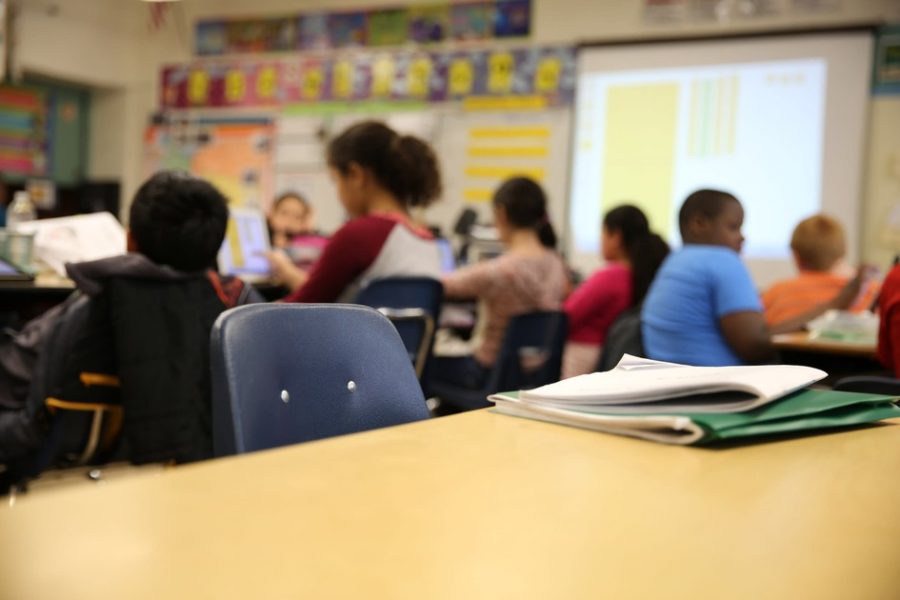Students Should Not Fear Missing School
According to the attendance policy in Walpole High School’s Student Handbook, “All class absences (including school authorized absences) can significantly impact learning for individuals, in addition to disrupting the flow of an entire class.” For most students, the thought of missing school is overwhelming. With the amount of work students are assigned daily, as well as all of their after-school activities, being absent for even one day can lead to many sleepless nights trying to catch up on academics and games spent sitting on the bench as a punishment for missing practice. Making up an absence should not seem like an impossible task, and students should not fear missing school.
Many students miss school days for reasons beyond their control, namely illness. With this in mind, how is it fair that students are faced with so many consequences after an absence? This punishment is felt particularly hard with student athletes. Students cannot attend practice if they miss the school day leading up to it, and there is a rule that states if an athlete misses practice, they will be benched for the next game. This, on top of all the make-up work for classes, creates excessive stress and fosters a self-destructive mentality that prioritizes academic and athletic responsibilities over personal well-being.
As students get older, it gets harder to miss school, as the volume of school work students are assigned seems to multiply with each grade. The recent flu outbreak in the high school exemplifies the do-or-die mentality many students have about attending school. Students who are clearly ill force themselves to sit through the school day in misery because they fear the consequences of an absence so greatly that attending school is a preferable alternative. Sick students coming to school poses a risk for others too; contagious ailments such as the flu are easily spread in a school environment, starting school-wide epidemics such as that of January 2020.
It is difficult to formulate a solution to this problem that addresses the duality of the issue. On one hand, students missing school obviously results in them falling behind on course materials, and there are inevitable consequences to that. But on the other hand, it is clearly time for a change if students are showing up to school with 102 degree fevers just to keep themselves academically afloat. The most reasonable course of action is a balance of the two. Teachers should try to be flexible with scheduling make-up assessments and consider “taking the fluff” out of the material students missed, only asking them to complete assignments which are absolutely essential to their understanding of a particular topic. These simple changes can significantly reduce the stress on students coming back from absences, while simultaneously promoting a healthier relationship between students and school.

Grace Manzo, class of 2021, is a second year staff writer for The Rebellion. She is a member of Student Council, runs indoor and outdoor track, and participates...











